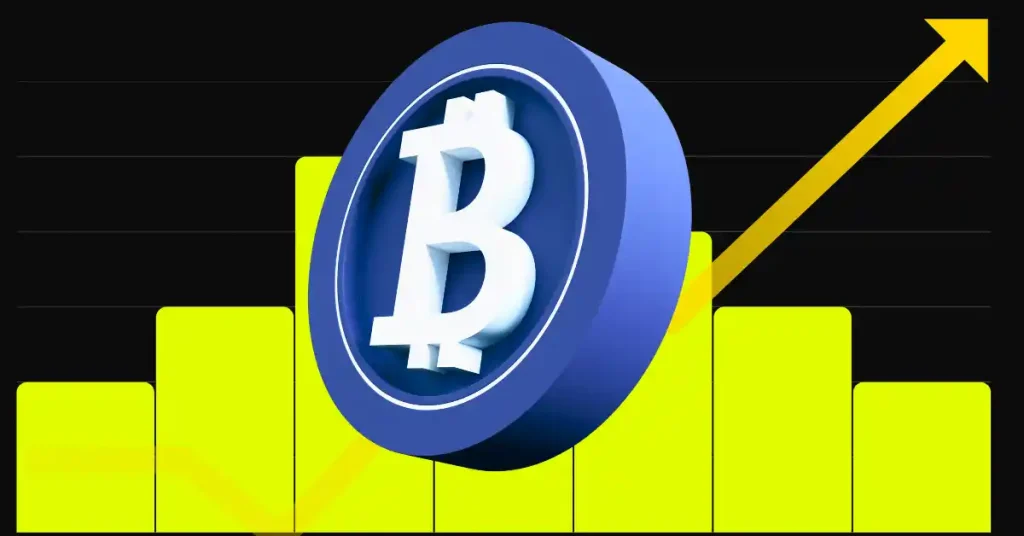
It’s hard to think of a reason to be in favor of Central Bank Digital Currencies (CBDCs). While the benefits are few, the risks of abuse are serious.
CBDC proponents may benefit from winning advocacy and CBDC contract deals from governments, but governments are likely to receive most of the benefits of CBDCs.
Even longtime supporters of the central banking system recognize that CBDCs offer no unique benefits to ordinary citizens.
“We keep asking people[…]to explain to us what problems[the CBDC]will solve,” Minneapolis Fed President Neel Kashkari said. The answer that comes is just deception,” he continued.
CBDC proponents cite a number of benefits, but they generally don’t stand up to enough scrutiny.
grounds to be overturned
Take one of the arguments for example. CBDC is meant to improve financial inclusion. A study by the Federal Deposit Insurance Corporation (FDIC) found that the most common reasons people do not have bank accounts are not having enough money to meet the minimum deposit amount, privacy concerns, or a lack of trust in banks. not. CBDC is unlikely to solve any problems.
Let’s start with trust. CBDCs may seem like an attractive alternative for those who don’t trust banks, but there are problems. People don’t trust government either. Trust in the U.S. government is at an all-time low, according to Pew Research. Therefore, the trust argument cannot be used.
What about privacy? Banks ask a lot of questions and take customers through complex procedures. However, it would be a mistake to think that CBDC is the solution. Banks collect information from their customers because the Bank Secrecy Act of 1970 allowed the government to appoint banks to act as investigators.
Some technologies exist to enhance privacy, but central bankers, from the U.S. Federal Reserve to the European Central Bank, have already said anonymity is off the table. are doing. In other words, a CBDC could very well be the limit of the bank secrecy regime.
The only remaining requirement is the minimum deposit amount. Leaving aside income levels as a broader economic issue, let’s assume that CBDCs are subsidized, have no minimum deposit, and have zero fees.
At first glance, it may seem that the cost barrier has been resolved, but then a bigger problem comes to the fore, looming in the background. The problem is that currency and finance are not the same thing.
A zero-fee CBDC account might allow someone holding cash for digital transactions to be redeemed, but it would not be as integrated with the financial system as it would be to give that person a prepaid card. Moreover, the provision of prepaid cards can be executed immediately today. Nor does it need to reinvent a currency that everyone could have.
With a little more scrutiny, the problems that accompany the other proposed use cases are easy to see. Simply put, a CBDC is ill-suited to support financial inclusion, arrived too late to improve payments, is unlikely to advance monetary policy, and undermines the US dollar’s status as a global reserve currency. No solution to maintain.
CBDC proponents
So why are some people in favor of CBDC? Most people who know about CBDC disagree. But government officials, CBDC advocates and government contractors are another story.
Unfortunately, governments seem to see CBDCs as one of the best tools they can use to consolidate their control over currencies and payments. A former adviser to President Biden previously testified before Congress that a CBDC would be the “single best step” to keep crypto out.
Even European Central Bank President Christine Lagarde has said she risks losing control over currencies and payments if central banks fail to move forward with CBDCs as crypto assets rise. That’s about it. The Central Bank of Indonesia has also made statements to the same effect.
Government officials are not alone in thinking this way. An industry made up of the private sector has emerged to profit from CBDC development. From endorsing CBDC research to developing CBDC technology, many are aware of the opportunity to make huge profits.
In fact, with the U.S. Securities and Exchange Commission (SEC) declaring war on crypto, it should come as no surprise that some are turning to applying crypto technology to CBDCs.
Government officials and their cronies may benefit from the rise of CBDCs, but everyone else will pay the price if they are misused. That is why Congress should ban the Fed and Treasury from advancing any form of CBDC.
If efforts to ban CBDC are successful, the public will not have to pay the price of CBDC.
|Translation and editing: Akiko Yamaguchi, Takayuki Masuda
|Image: Shutterstock
|Original: Who Really Benefits From CBDCs? It’s Not the Public
The post Who Really Benefits from a Central Bank Digital Currency (CBDC)? Not a citizen | CoinDesk JAPAN appeared first on Our Bitcoin News.

 2 years ago
108
2 years ago
108














 English (US) ·
English (US) ·